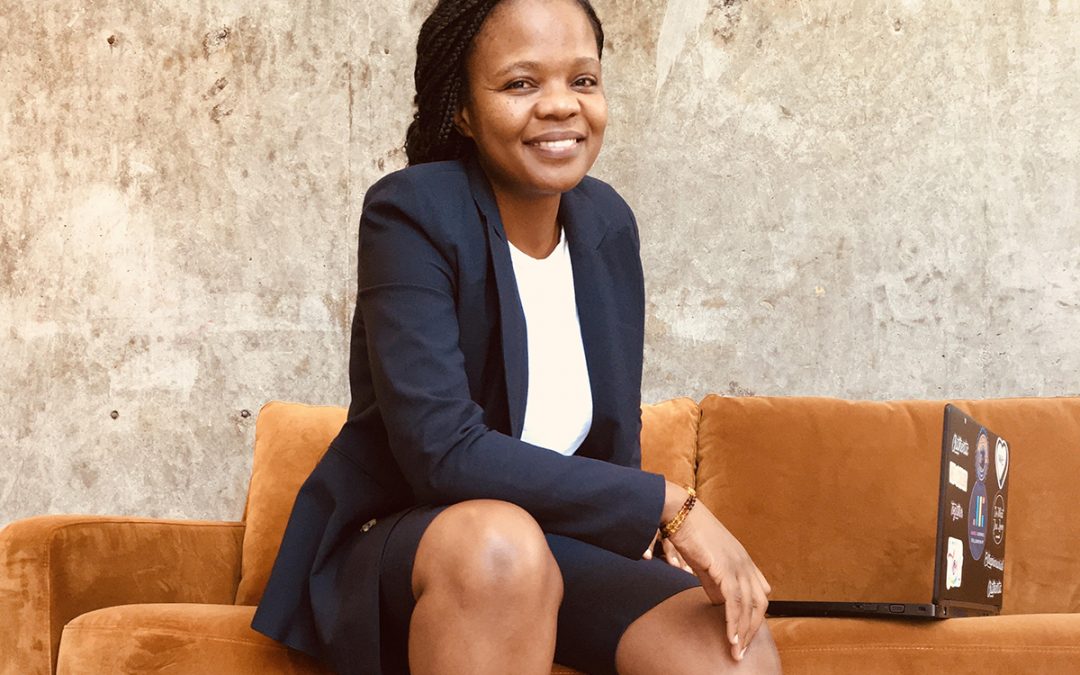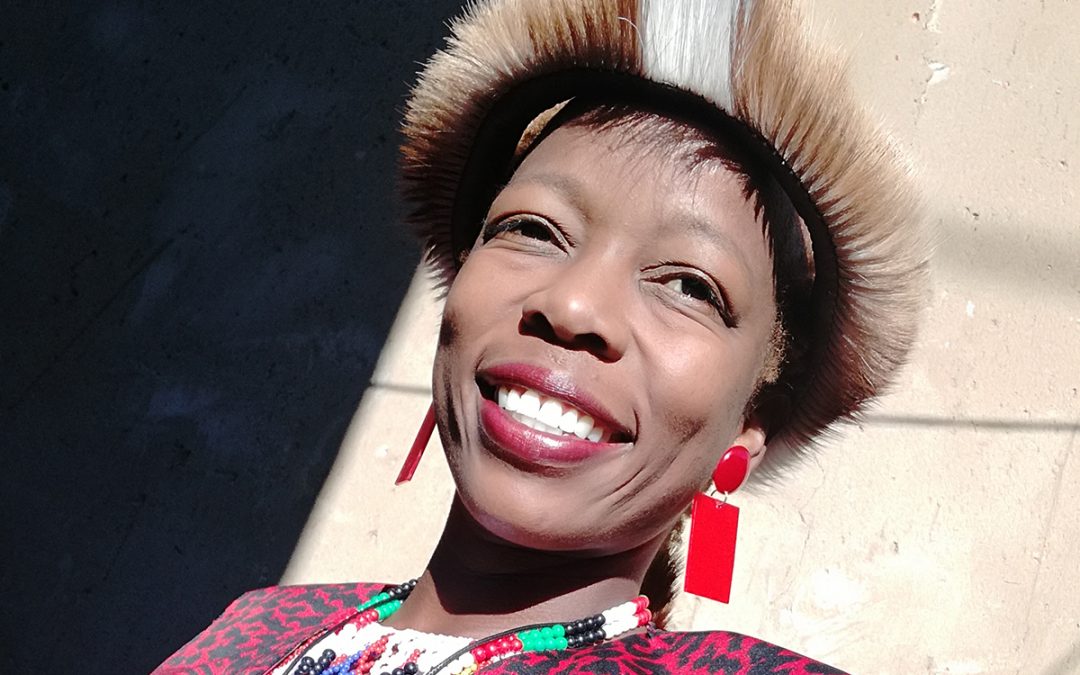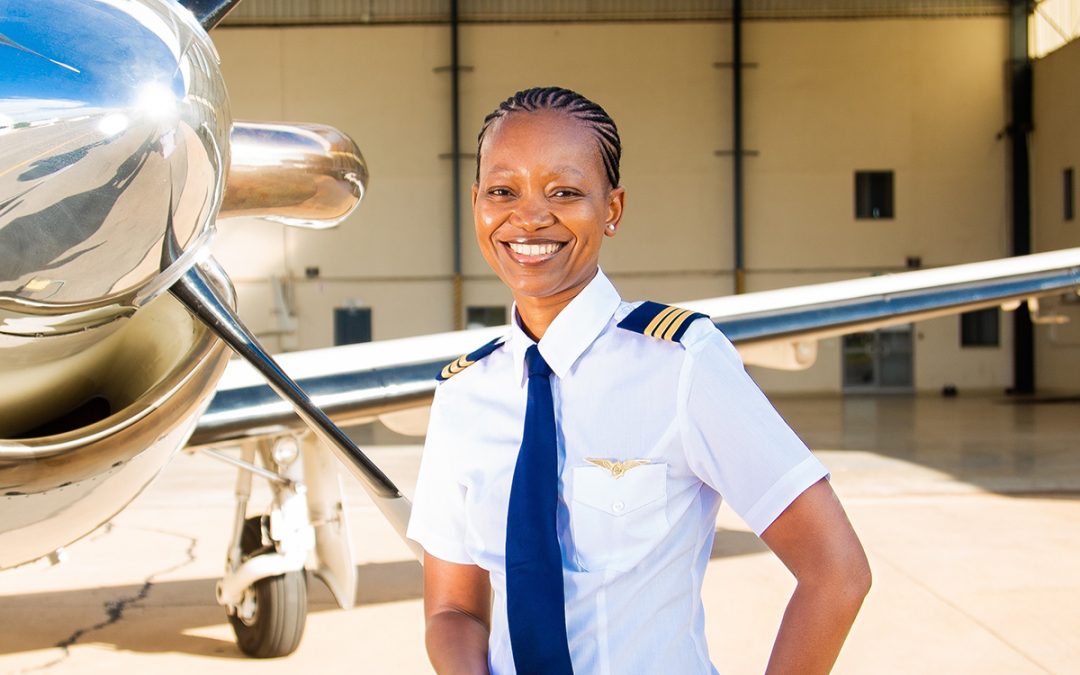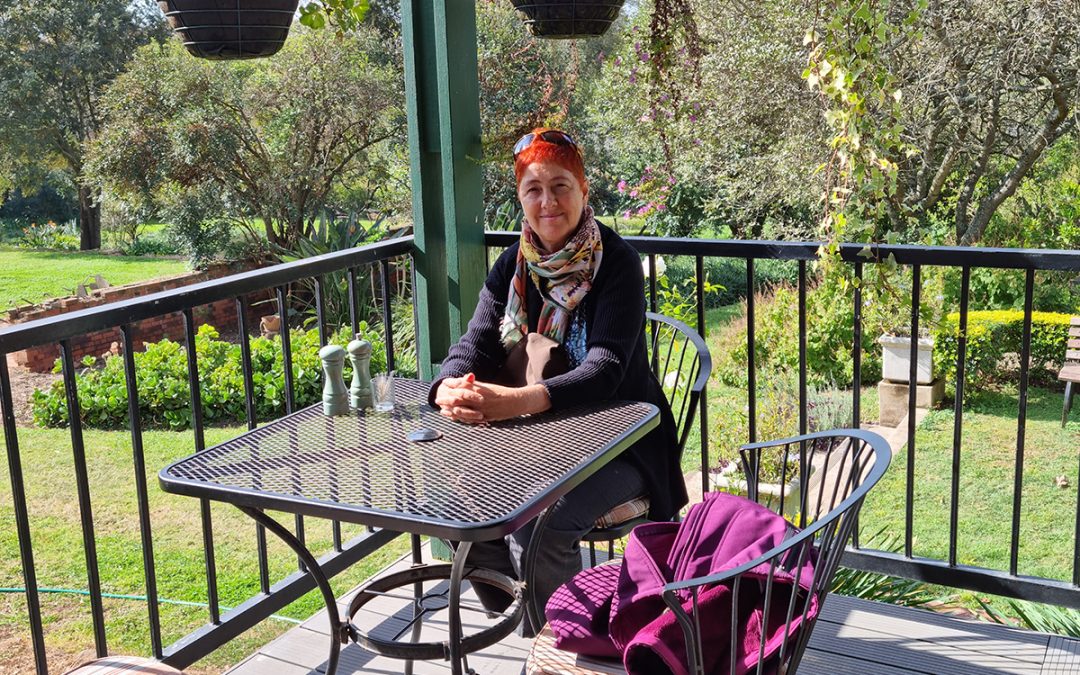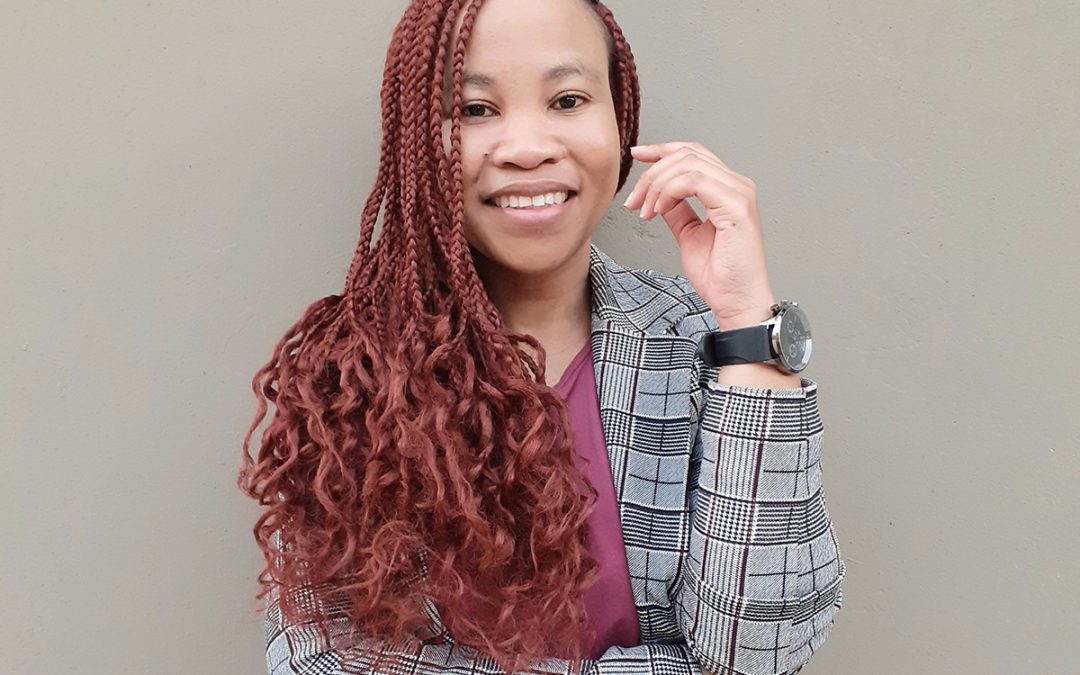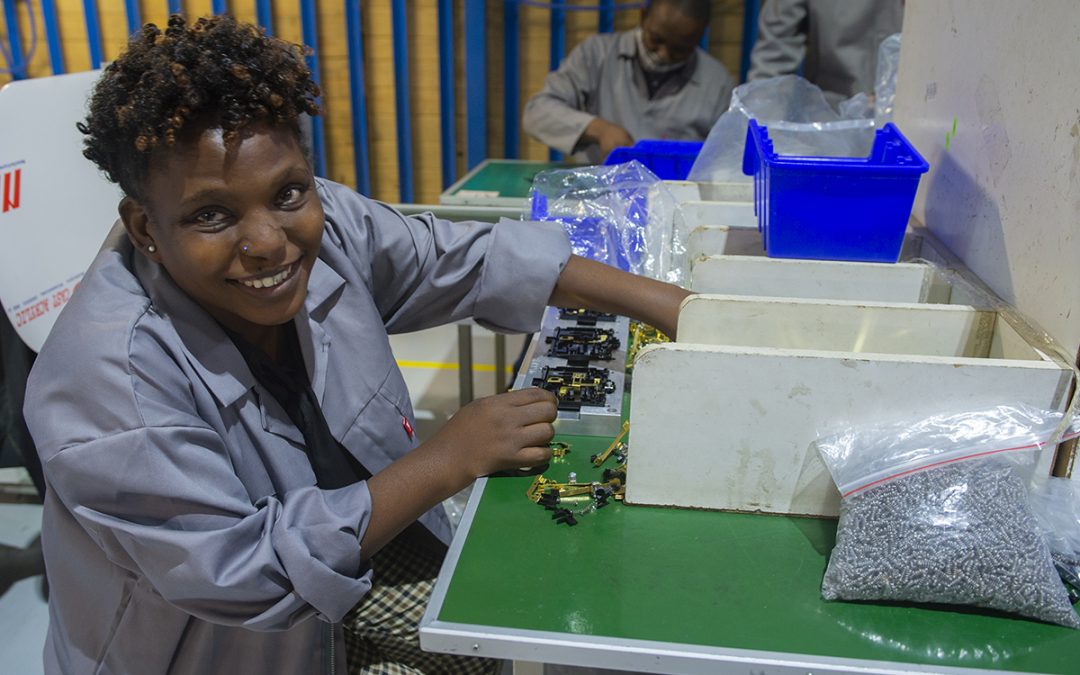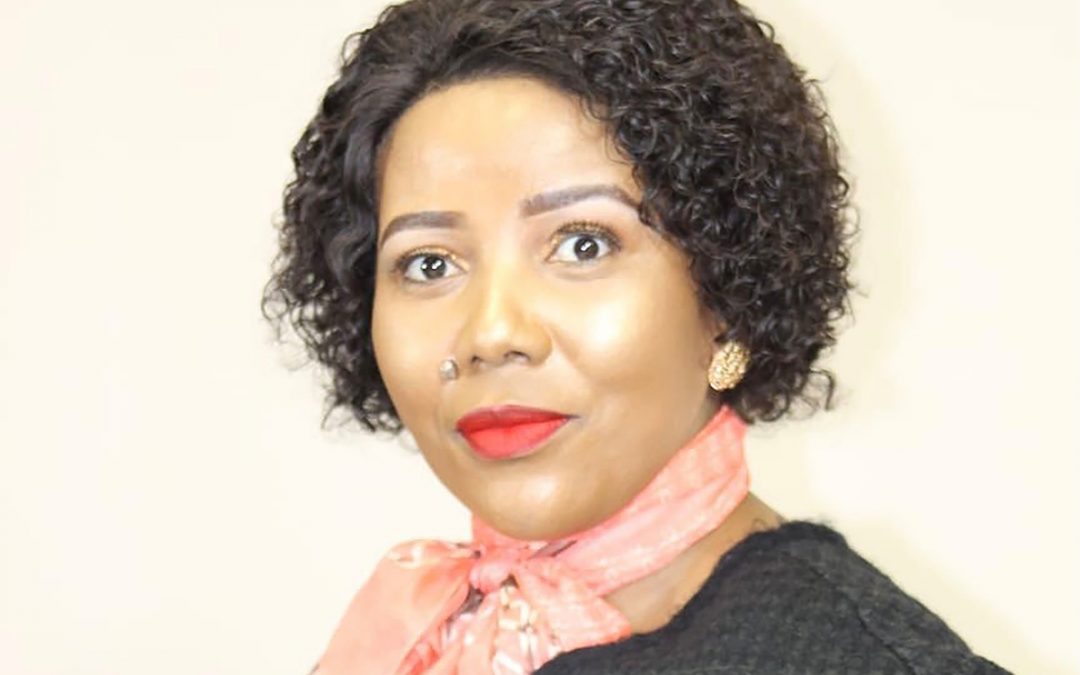When faced with the unfolding education crisis in South Africa — with the 2016 Progress in International Reading Literacy report stating that a troubling 78% of grade 4 learners cannot read for meaning — it is easy to become dispirited. Making impressive strides to change this narrative and narrow the education gap is the multitalented Michelle Lissoos.
Lissoos is guided by a driving ambition — to empower South African youth to reach their full potential. Her own schooling produced a curious, intrepid learner, as well as a deep respect for the act of learning. She cites her late father as a mentor, someone who taught her to look deeply into things; to never stop being fascinated with the world and all its mysteries. “He taught me to never stop learning. His love for acquiring knowledge was contagious.”
In 2009 Lissoos founded iSchoolAfrica, a ground-breaking nationwide schools programme providing South African learners with state-of-the-art digital education software. The scale of the operation is impressive. Currently, more than 100 000 South African learners are learning via the iSchoolAfrica programme. Each participating school is fitted with a safe, mobile studio of 20 iPads that can be configured to suit classroom needs. Each iPad features a bespoke suite of apps to tantalise the young mind. A learner can switch from making music in GarageBand to editing a movie. Recognising skills that will benefit learners in the future, there is a hugely popular coding programme with an ever-growing intake. The iSchool Africa makes Apple’s #EveryoneCanCode curriculum — a full coding continuum from grade 1 to 12 — available to local schools.
Lissoos’s vision for education sees beyond the obvious.
Through community engagement, she has noticed a particular gap in the way young people are taught, one that privileges the able. She speaks passionately of the recently inaugurated iSchoolAfrica inclusion programme. This programme researches and implements technology solutions for children with disabilities such as autism, blindness, cerebral palsy, dyslexia and more.
With the world of business moving increasingly online, there is the need for digital competencies, so that learners can become what Lissoos calls “functional digital citizens”. Lissoos suggests that as technology changes, so must we learn to adapt and think ahead. Competency in the digital realm will be crucial base skills in a post-pandemic market. The future is upon us and Lissoos’s pioneering venture is one step ahead.
The further we venture into the sometimes not-quite-human world of the virtual, we must remember, now more than ever, our humanity. Technology needs to be used responsibly, warns Lissoos. “It’s not just about the technology,” she says. “It’s collaborations, partnerships and learning. It’s the engagement you see happen, the pure motivation. It’s teacher training. It’s about letting learners know that they deserve to dream big.”
It’s about letting learners know that they deserve to dream big.



